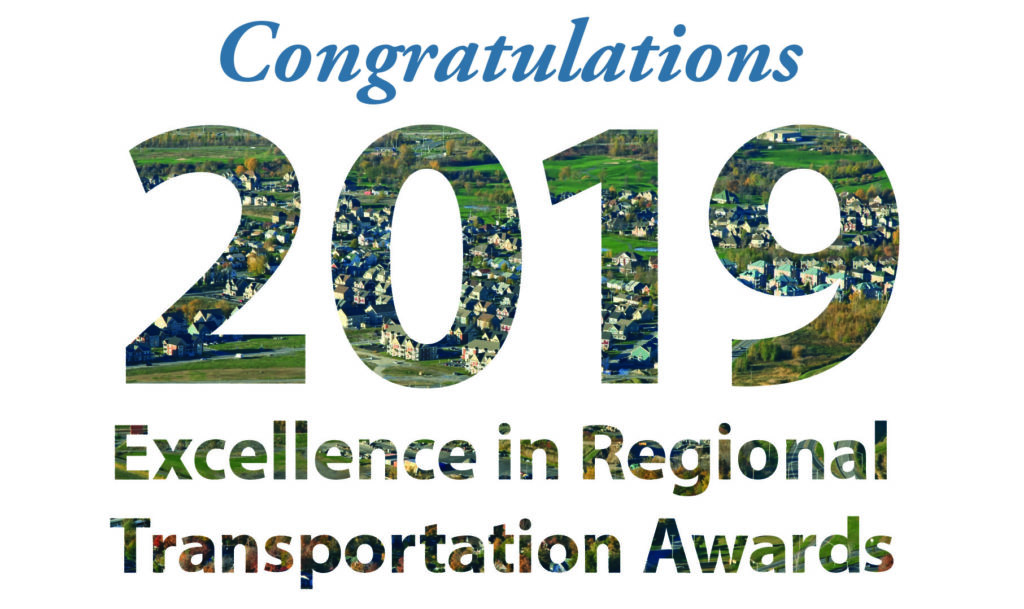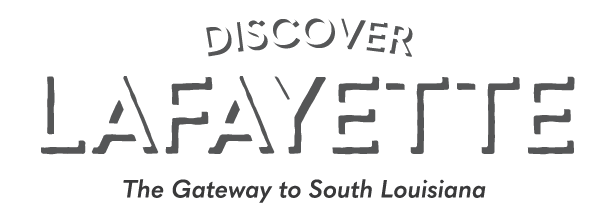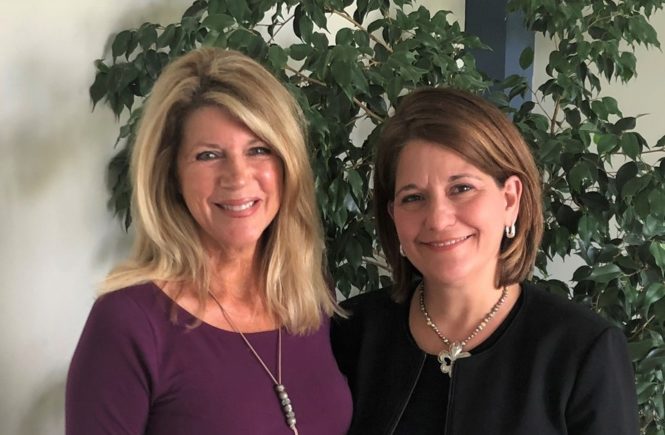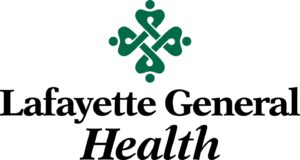Podcast: Play in new window | Download (Duration: 50:14 — 69.0MB)
Monique Boulet, CEO for the Acadiana Planning Commission, joins Jan Swift, Host of Discover Lafayette. Monique’s day to day job involves working across all political and economic boundaries. When it comes to flood control or when new roads and highways are proposed, Monique Boulet and her team are front and center.
Just to define what The Acadiana Planning Commission (“APC”) does: it serves the public sector in the planning and implementation of economic, community and transportation development for the Parishes of Acadia, Evangeline, Iberia, Lafayette, St. Landry, St. Martin, and Vermilion.
The APC is funded by grants from agencies such as the USDA, Delta Regional Authority, the Department of Commerce, and the Economic Development Authority. By joining forces, the seven parishes can enjoy economies of scale when utilizing public dollars. They can also speak with one voice when articulating their common needs. The parishes with smaller populations and fewer resources benefit from the resources brought to the table which gives them access to trained city planners who can assist with infrastructure development and procurement of grants to get the job done.
The Acadiana Metropolitan Planning Organization (“MPO”) provides the technical staff for the work of the APC, even though the two organizations are separate and distinct. The MPO is funded by Federal Highway Transportation dollars, typically in the range of $6 to 7 million per year. Elected officials from six parishes and seven municipalities compose the MPO members who set priorities for transportation and infrastructure projects in the region.
Evangeline Parish provides a good example of how the APC works with its partners. In particular, Monique mentioned Donald Bergeron, Evangeline Parish’s Secretary/Treasurer whom she calls a “Champion on the Ground.” When local officials such as Bergeron are ready and prepared, and given access to the resources of the APC, economic development milestones are reached, such as the recent expansion of the Evangeline Ward One Industrial Park, a 96.5-acre site certified by Louisiana Economic Development, and the addition of a Rail Spur with a grant from the Delta Regional Authority. All of the City of Ville Platte in Evangeline Parish was also designated an “Opportunity Zone” under the federal Tax Cuts and Jobs Act which will prime the area to bring energy and investment to this poorest city in the poorest parish in Louisiana.
An important project in the works is the University Avenue Corridor Study in Lafayette which began in 2018. Local residents are excited about the possibility of new life being brought to the thoroughfare which serves as the gateway from I-10 to City Hall, UL-Lafayette, the Lafayette Police Department, and the Lafayette Regional Airport. The plan includes making the area safer for pedestrians, bikers and vehicular traffic, revitalizing the corridor and spurring economic development opportunities, and cleaning up and beautifying the area so that it serves as an appropriate gateway into the community. $4 to 5 million has been set aside by the MPO and a similar amount by Lafayette Consolidated Government to design the corridor, set up crosswalks to facilitate pedestrian traffic and make the “Center City” an attractive site.
Monique explained the problems which can arise when revitalizing old properties that previously housed gas stations or have other environmental issues. A “Brownfield” is a property “which may be complicated by the presence or potential presence of a hazardous substance, pollutant, or contaminant.” The APC received a $300,000 grant to assess the properties located in the area between I-10 and E. Simcoe along University Avenue, and over 90 potential Brownfield sites have been identified. At the Four Corners area (University Avenue and Cameron Street), each corner is a Brownfield site as gas stations were formerly located in those spots. Under the EPA Brownfield program, various grants and assistance are made available to communities to clean up brownfield properties and get them back into commerce. The work of the APC is critical in having the technical expertise to work with the feds and assist landowners in getting their property cleaned up, who otherwise would be left with unmarketable title to their properties leading to further blight and decline. Chad LaComb is the MPO’s Brownfield advocate and facilitator.

The Acadiana Planning Commission was recognized for Excellence for Local Road Safety Plans by NADO, the NADO Research Foundation, and RPO America at the 2019 Excellence in Regional Transportation Awards. The awards program honors recognizes noteworthy projects and practices in rural, small metropolitan, and other regions that help meet regional needs through various program areas related to transportation, mobility, goods movement, planning and analysis, and more.
An adaptive signal system is being implemented in Lafayette. Computers will time traffic signals according to real-time data collected by computer sensors so more efficiently move traffic at peak periods of activity. Currently, Warren Abadie, LCG’s Transportation Engineer sets the signals based upon best information. Acadian Ambulance will be putting sensors in their ambulance fleet that will allow the traffic lights to change as they approach intersections, a move which will facilitate safer driving for first responders and the motoring public.
Another project of note is the addition of a roundabout at the intersection of Girard Park Drive and Hospital Drive, a site of many accidents through the years. $1 million has been set aside by the MPO and DOTD is bidding out the project as of the time of this episode taping in 2019.
Monique spoke with pride of the work done by the APC in identifying Opportunity Zones in the seven parish area. To be eligible as an “O-Zone tract,” the area had to meet defined demographics such as being a lower-income urban area with blighted properties in need of revitalization and investment. It was assumed that Baton Rouge and New Orleans would be heavily favored in the tracts selected throughout the state. The APC identified downtowns throughout their district and provided a regional strategy to address the disinvestment and needs for infusion of capital. Every tract identified by the APC was approved as an O-Zone tract and included the downtowns of Abbeville, New Iberia, Ville Platte, Opelousas, Breaux Bridge, Eunice, Church Point, and Lafayette. The next step, with a grant from the Delta Regional Authority, is to create a Prospectus template that can, in turn, be utilized by each of the towns as they seek investors looking for tax credits on capital gains under the Opportunity Zone program.
The APC has received a USDA grant to study broadband coverage throughout its region. Federal agencies have funding to bring broadband to outlying areas, but no one actually knows where the gaps in coverage are. Louisiana is working to prepare for the implementation of 5G technology and the improvements in the digital delivery of data that will soon arrive.
Monique Boulet earned an MBA from the UL-Lafayette. She is the daughter of the late Governor Kathleen Blanco, was born and raised in Acadiana, and is married to David Boulet and the mother of 4 children. Thank you for your dedication to making our region the best it can be!




